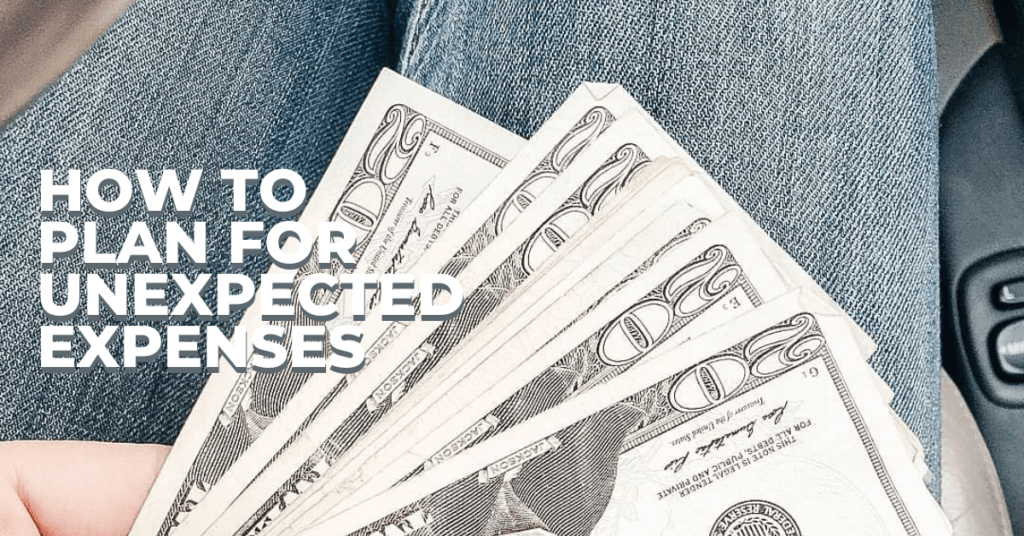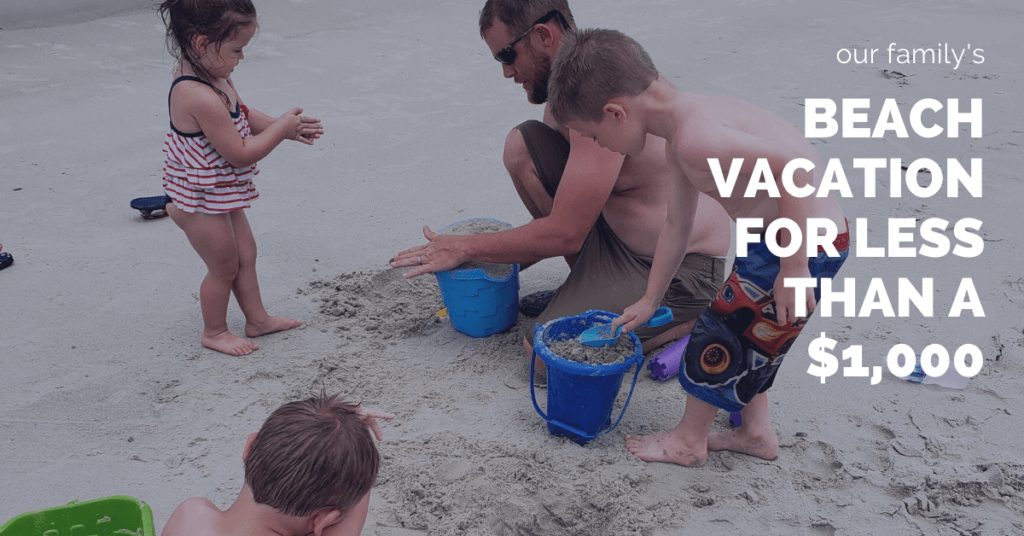
I’ve been documenting my family’s financial journey for a decade now, and as much as I’d love to be able to tell you that I’ve got this whole thing figured out, I don’t. There will always be temptation to overspend and mismanage money. And as a financial coach, I’ve walked alongside a lot of folks struggling to figure out how to manage their money without losing their minds. So let’s break down what to do in these common financial struggles.
1. The See-Saw
You’re good with managing your money for a few weeks, and then it’s back to normal. It’s back to feeling in the dark and lost with your money.
Trust me, friend. I’ve been here a lot more than I’d care to admit to. It’s hard to make lasting changes – I mean, have you ever gained weight and then tried to lose it? You might have had initial success but then in a few months, everything plateaued. Life happened and well, your rapid changes fell short. It happens with our money too. We can make rapid progress with our money and then BAM! life happens. It’s hard to rebound, especially when the hits keep coming.
So how do you prevent the See-Saw from happening?
Focus on Small Changes
First, you need to focus on small changes. Instead of trying to go full hog and flip everything over on its head, go small. Decide that for the next three months, you’re going to work on your Quick Start Budget. Then after you’ve had some practice with it and you have a better understanding of where you’re money is going, then start trying to aggressively pay off debt or save up your Emergency Fund.
Remember, baby steps are still steps. And chances are you will see better, longer, lasting chances the slower you go.
Stop Trying to Do it the Way Others Do
I’m super guilty of this one. It’s easy to see that Susie Loo over there is doing things in ABC way, and it looks like you should do it that way too! So what do you do? You follow her lead. Only, that path wasn’t meant for you. Now don’t get me wrong, I’m not saying that you can’t be inspired by others to make positive changes in your life. What I’m saying is that you must be willing to adapt and figure out what does and doesn’t work for you and your family. Not everything was meant to be for you, and that’s 100% okay.
If you see that Susie Loo is taking amazing vacations every year and you wanna do that too, then decide how you’ll do that. Because maybe the piece of Susie’s picture you’re missing is that she’s debt-free and saves all year long to be able to go on that really nice vacation. But you’re not debt-free and haven’t saved anything for a vacation. So if you were to try to go on a really nice vacation right now, you’d have to go into debt for it. This would only put you further behind. Instead, focus on your goals and work on them until you achieve them.
2. No one’s watching…
You have a hard time holding yourself accountable to your goals. Believe or not, this is a common problem and one of the main reasons my clients hired me. It’s hard to hold yourself accountable when no one’s watching (or even harder when the naysayers are the only ones watching).
So what’s the answer? Hire a coach? Maybe. But you can also find other ways to hold yourself accountable. For my husband and I, it looked like me printing off my Excel spreadsheet that had our Debt Snowball on it and putting it on the fridge. It was amazing watching those debts get crossed of the list. And it was out in the open for everyone that came over to see. For you, maybe it’s starting up a YouTube or Instagram account dedicated to sharing your journey and your progress to hold yourself accountable.
If you’re surrounded by naysayers that are bringing you down while you’re trying to rise, then friend, it’s time you found some supportive folks. I’m not telling you to ditch folks, but I am telling you you need to find a community of cheerleaders. They’re out there and hey, those naysayers may only be that way because they don’t understand. So take a second to explain what it means to you to make these changes and how important it is. Then allow them the chance to realize their error in their negativity. If they don’t come around, then you know that it’s time for a break while you find a more supportive community for a bit.
3. Confusion paralyses us…
You’re confused about what your financial strategy should be. Do you keep multiple bank accounts for sinking funds or cash? Which debt payoff method is better? Should I invest while paying off debt? Should I have a three-month or six-month emergency fund?
And on and on it goes. I know that it gets confusing. In fact, cutting the confusion is what has made Dave Ramsey as famous as he is. He cuts that confusion with this “follow the baby steps exact” method. However, as we know, we’re all different, and we were all created differently. Therefore, what works for one may not necessarily work for the other.
That’s why to cut the confusion and to get clarity, you need to sometimes pick and choose. Trial and error. Instead of hemming and hawing over if you have 7 Sinking Funds or 17, pick one to start with and just go. Instead of stressing over which debt payoff method you should use, pick one and just go. Instead of fussing over a three-month or six-month emergency fund, just decide to save up one month for now in a Starter Emergency Fund and go.
Sometimes the answer to confusion is to just go – action can be a powerful tool in getting rid of anxiety.
4. They didn’t teach me this in school…
No one taught you about money, so you’re kind of winging it with your finances. This is true for most of us. Most of us didn’t learn any of this in school or even from our parents. So you’re not alone in not knowing what to do when it comes to managing money.
But guess what? You can learn. Yep. You can 100% learn how to manage your money well. As I said above – start small. Make small changes, and then before you know it, you’ll be mastering this thing! As I shared in my book, Getting Good with Money, my husband and I had to figure out this money management thing on our own, but we did. We managed to become 100% debt-free, including the house, and put ourselves in an amazing financial position, all on a $ 47,000-a-year salary. it wasn’t easy but it was doable. And it’s doable for you too. You can do hard stuff. You can make the changes you need to make.
So friend, get out of your head. Stop telling yourself that they should have taught you this in school because even though, yes they should have, let’s all be honest, most of our teenage selves wouldn’t have paid much attention anyway. Money wasn’t yet real to us because most of us didn’t have real bills yet away. So start today, wherever you are and start learning how to manage your money one step at a time.






Leave a Reply